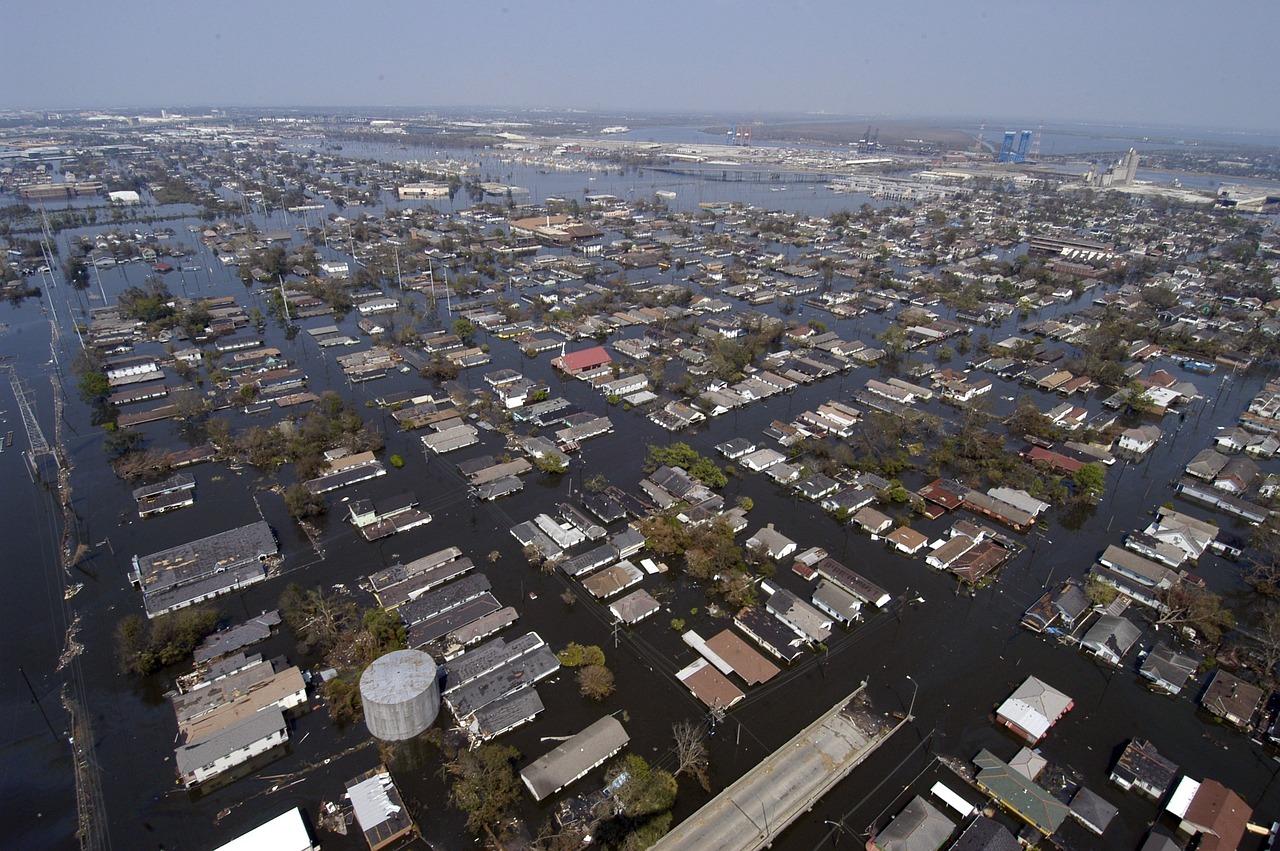
Living in an urban area during a disaster presents unique challenges. From power outages to damaged infrastructure, there are many risks that city dwellers need to be prepared for. Understanding what to watch out for in the midst of an emergency can make a crucial difference in your ability to stay safe and survive. In this blog post, we’ll cover the top 10 things to watch out for during a disaster when living in the city—helping you stay informed, ready, and resilient during emergencies.
1. Power Outages and Electrical Failures
Power outages are one of the most common consequences of natural disasters, especially in urban areas. In the city, downed power lines, flooded transformers, and overloaded circuits can lead to widespread power loss.
Here’s what to watch out for:
- Stay away from downed power lines: Always assume that they are live and dangerous.
- Prepare for prolonged outages: Have backup power solutions like flashlights, battery-powered radios, or even solar-powered chargers to stay connected.
- Refrigeration and food safety: Without power, your refrigerator will stop working. Consider stockpiling non-perishable foods and investing in a cooler with ice to keep essential items cold.
2. Flooding and Water Contamination
Heavy rain, hurricanes, and broken water mains are common causes of urban flooding. Water from flooded streets can quickly infiltrate homes, and contaminated water supplies can make it unsafe to drink.
Here’s what to watch for:
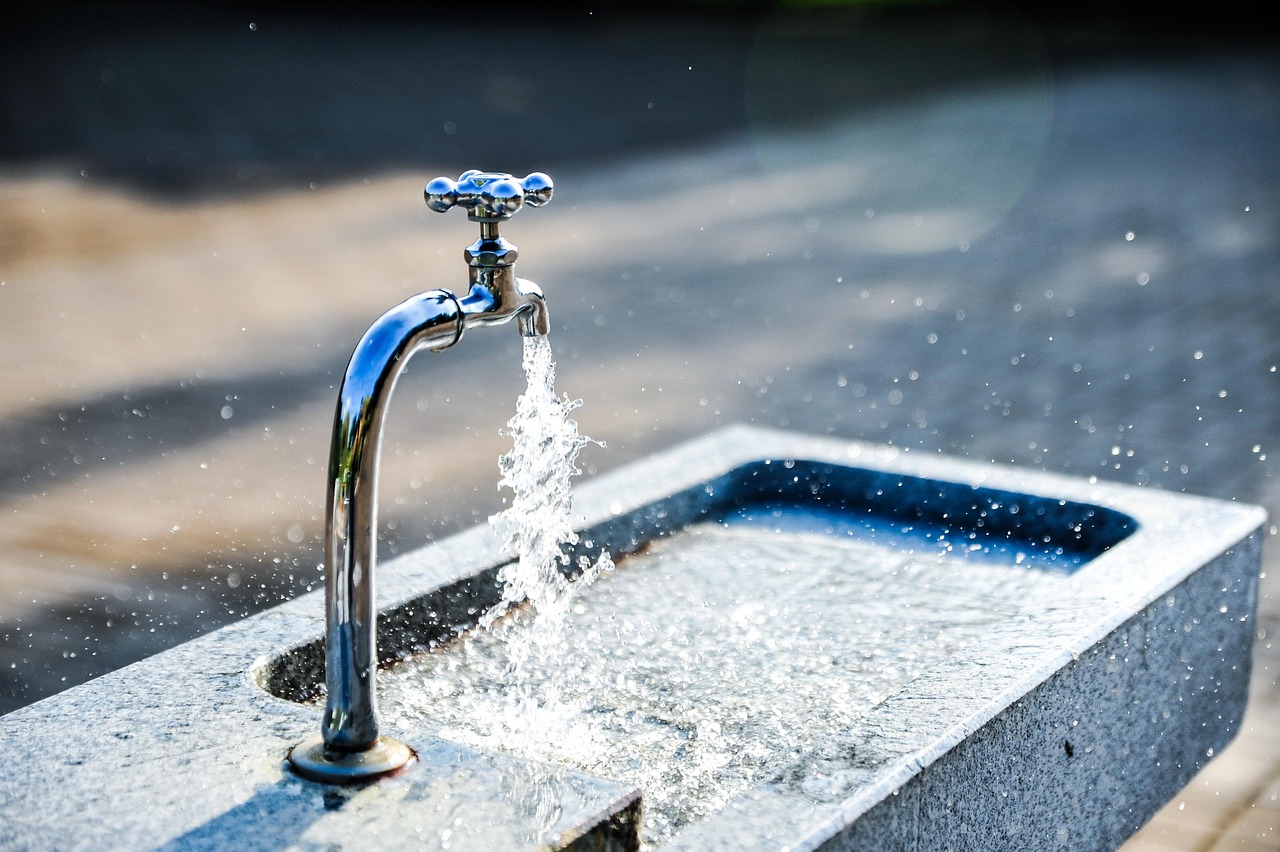
- Avoid standing water: Floodwater can carry debris, chemicals, and sewage, making it unsafe to walk or drive through.
- Ensure access to clean water: Have bottled water or a filtration system on hand to ensure you can hydrate safely during a water contamination event.
- Consider a flotation device or a small blow-up raft: These can take up limited space and aren’t very expensive, and they can save your life if flood waters get too high.
3. Food Shortages and Supply Chain Disruptions
During a disaster, food shortages can happen quickly, especially in densely populated urban areas. When local grocery stores are stripped bare, it’s crucial to have a survival pantry. Here’s what you should keep in mind:
- Store non-perishable food: Have a supply of canned goods, dry grains, and freeze-dried meals that don’t need refrigeration.
- Have a means to using your canned goods: Have a non-electric can opener available to access your stored food. A camping can opener is small, light weight, and cheap.
- Be mindful of local supply chains: During a disaster, you’ll most likely have limited access to fresh food. Watch for news about supply chain disruptions to plan your next steps.
4. Transportation and Road Blockages
In cities, traffic jams, fallen debris, and even damaged roads can make getting around challenging during a disaster.
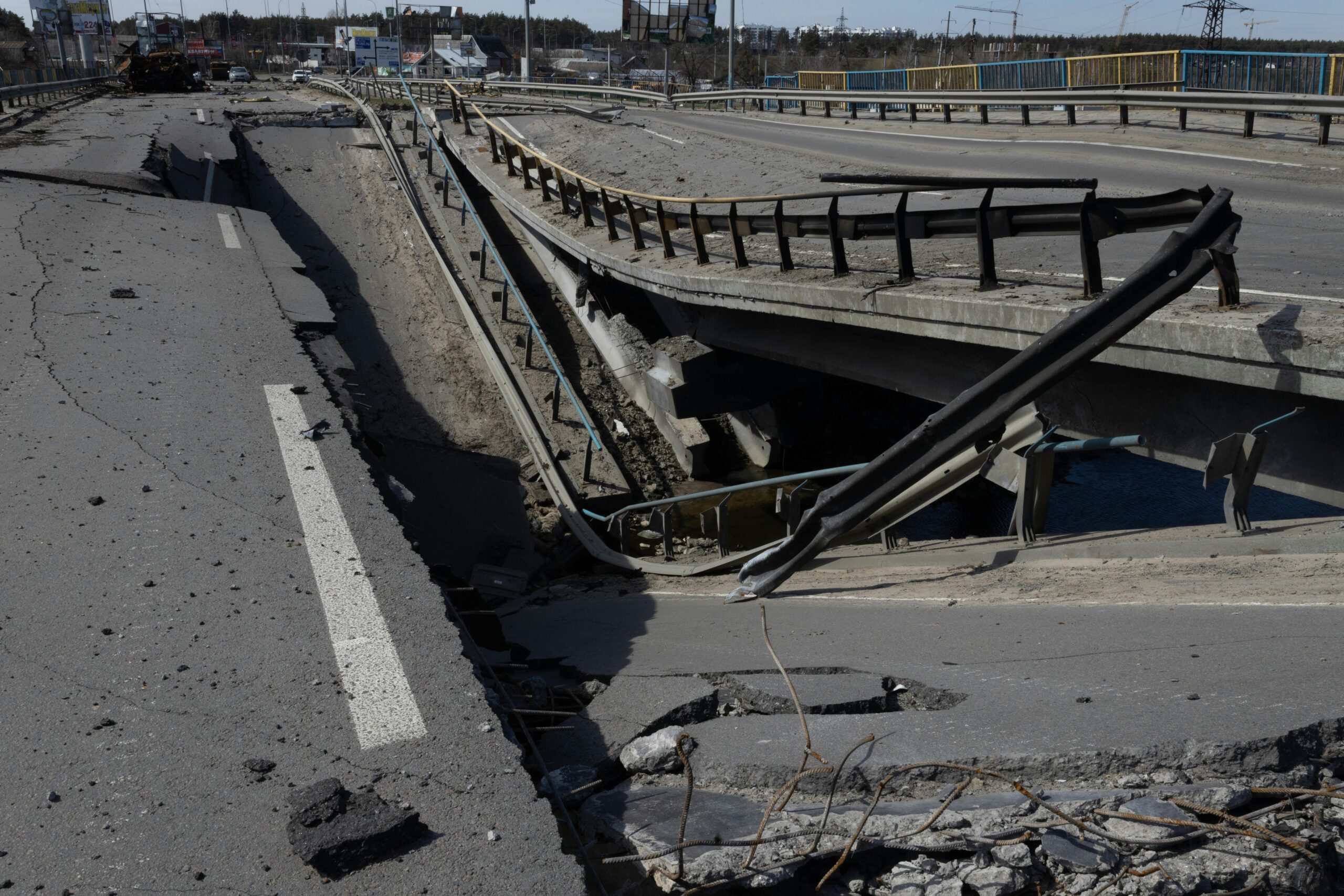
Keep these tips in mind:
- Have alternate routes: Familiarize yourself with alternative routes and public transportation options to evacuate quickly if needed.
- Keep your vehicle stocked: Your car should be equipped with essential supplies like water, a first aid kit, and a flashlight.
- Watch out for dangerous driving conditions: Flooded roads, fallen power lines, and other hazards can make driving dangerous. Always prioritize safety.
5. Civil Unrest and Looting
Unfortunately, disasters can sometimes lead to civil unrest, looting, and panic in crowded urban areas. Watch for signs of chaos and protect yourself accordingly:
- Stay indoors if possible: Avoid crowds and stay in your home or a safe location.
- Secure your belongings: If you’re evacuating, lock up valuables and use your best judgment to avoid risky situations.
6. Fire Hazards
Fires can spread rapidly during a disaster, particularly in urban settings where buildings are close together. If you’re in a high-rise or apartment building, you need to be extra cautious.
Here’s what to watch for:
- Check for gas leaks: Earthquakes, explosions, or power surges can cause gas leaks. If you smell gas, turn off the main valve and avoid using electrical devices or lighting matches.
- Be prepared to evacuate: Know your evacuation routes, and have a fire extinguisher on hand to deal with small fires.
7. Medical Emergencies and Overwhelmed Healthcare Systems
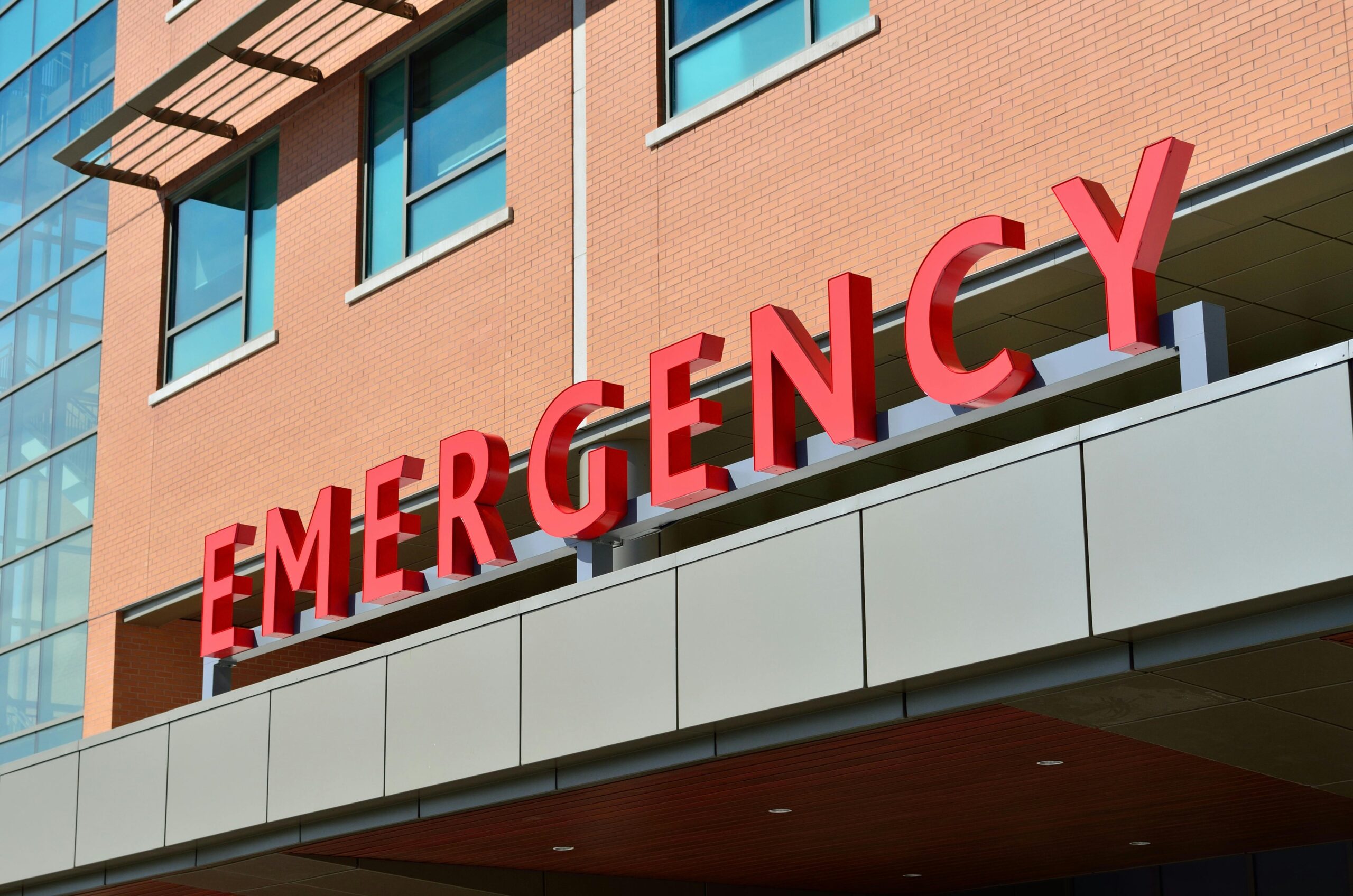
During a disaster, medical emergencies can escalate quickly, and hospitals and clinics may become overwhelmed.
Here’s what to keep in mind:
- Have a first aid kit: Ensure you have a well-stocked first aid kit with basic medical supplies, as well as prescription medications.
- Learn basic first aid: Knowing CPR, how to treat wounds, and how to address other common medical emergencies can save lives when help is delayed.
8. Lack of Communication and Information
In an emergency, communication is key. When cell towers are damaged or networks become overloaded, you may lose contact with others.
Here’s what you can do:
- Have a backup communication plan: Use a battery-powered or solar-powered radio to stay informed about the situation. Keep a list of emergency contacts both in your phone and on paper.
- Invest in walkie-talkies: In case cell networks fail, walkie-talkies can help you stay in touch with others nearby.
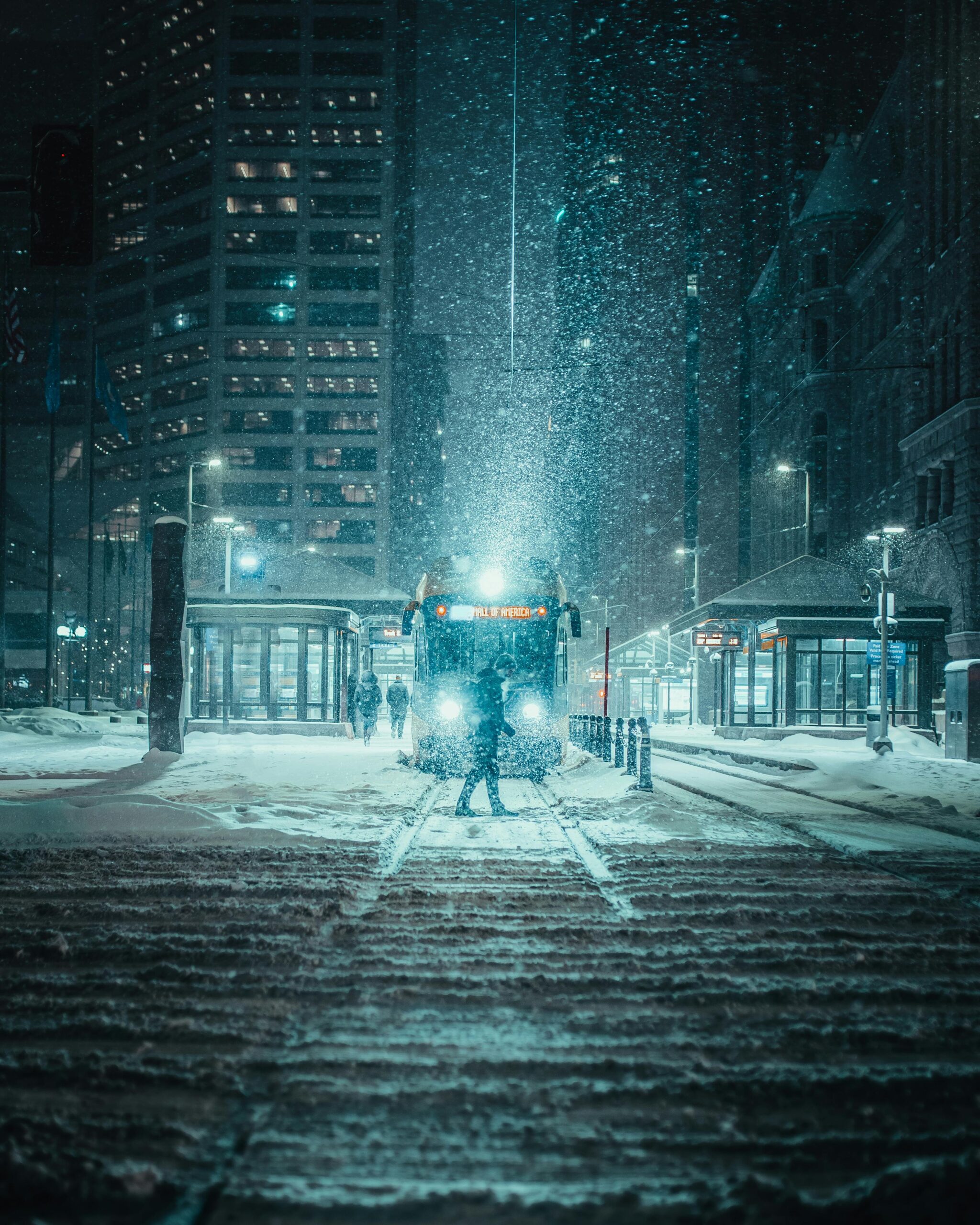
9. Extreme Weather and Temperature Fluctuations
Natural disasters like heatwaves, blizzards, or cold fronts can severely affect urban environments, leading to dangerous conditions.
Keep an eye out for:
- Severe temperature swings: Whether it’s extreme heat or freezing temperatures, take measures to regulate your environment. In hot weather, stay hydrated and cool, and in cold weather, layer your clothing and use blankets for warmth.
- Seek shelter: In extreme weather, it’s essential to find shelter immediately, whether it’s a safe room in your home or a designated emergency shelter in the city.
10. Mental Health and Stress Management
During a disaster, the stress of the situation can take a big toll on your mental health. Urban environments can amplify this, making it harder to stay calm and collected.
Here’s what you can do to manage stress:
- Take breaks from the news: Constantly checking the news can lead to anxiety. Limit your exposure and take mental breaks when necessary.
- Stay connected with loved ones: Keep in contact with family and friends for emotional support. If you’re isolated, consider joining local support networks or community groups.
Conclusion
Urban survival during a disaster presents unique challenges, but being aware of the risks and knowing how to prepare can make all the difference in staying safe. From power outages to transportation disruptions, these top 10 dangers can be mitigated by planning ahead, staying informed, and building your urban survival toolkit.
By taking these precautions and staying calm, you’ll be ready to handle any disaster that comes your way—whether it’s a natural catastrophe or a man-made crisis. Make sure you have the necessary supplies, the right knowledge, and a solid plan to keep you and your loved ones safe in the face of urban survival.

Leave a Reply